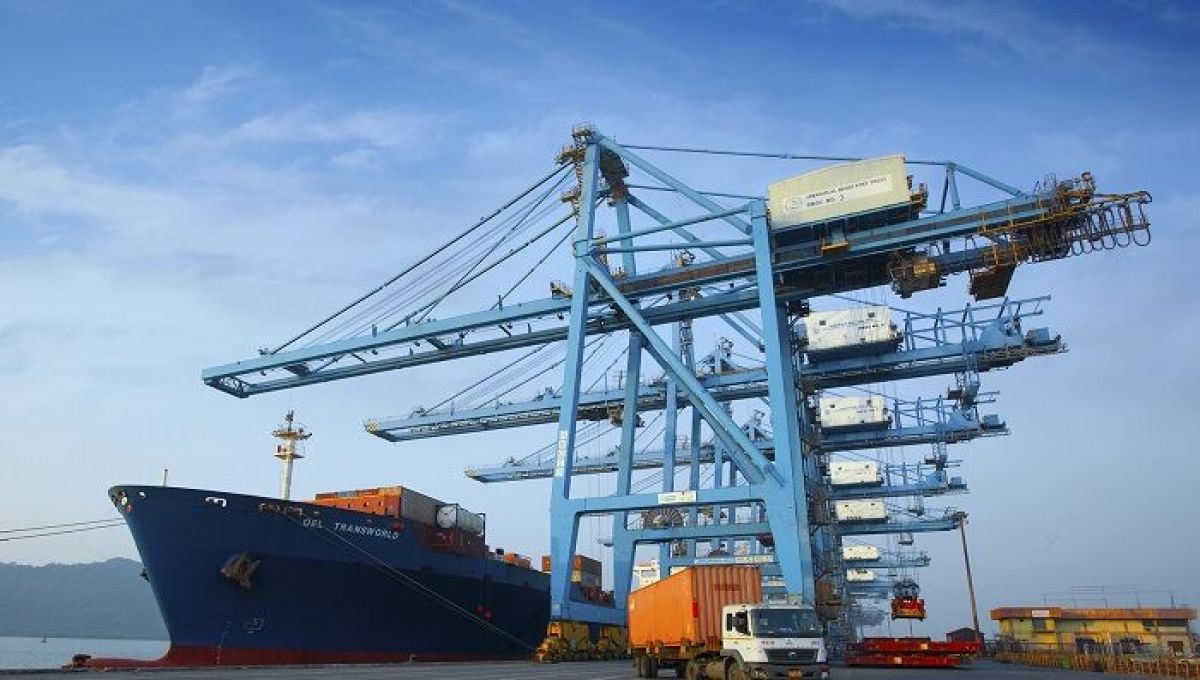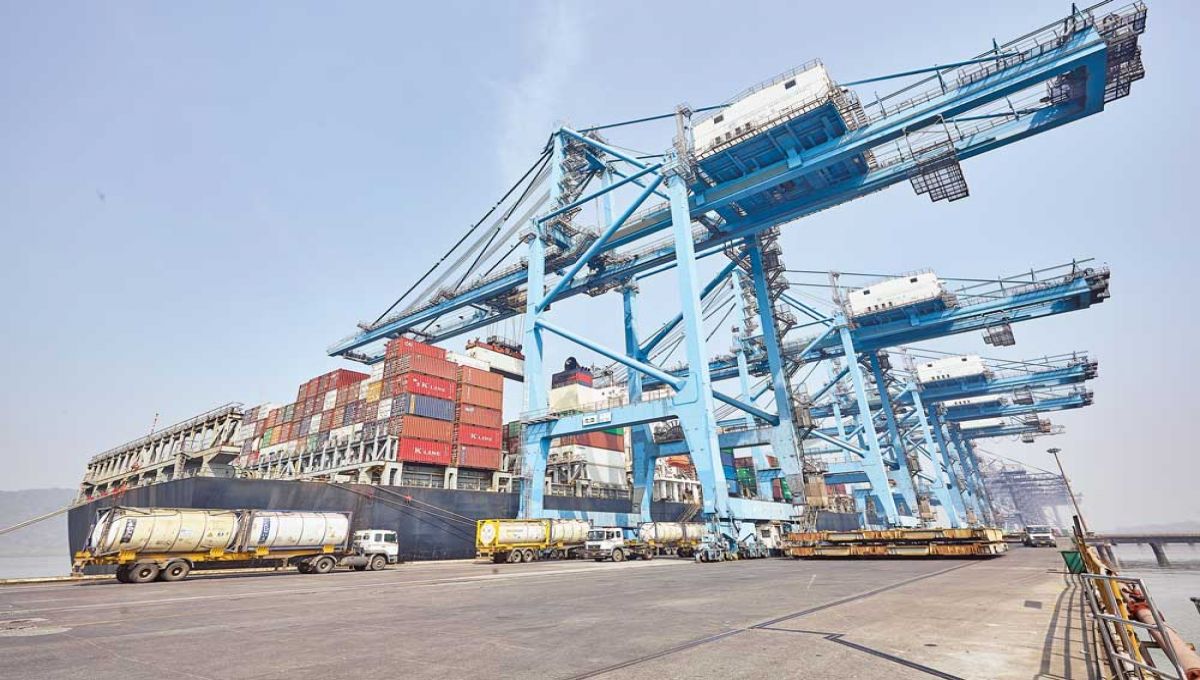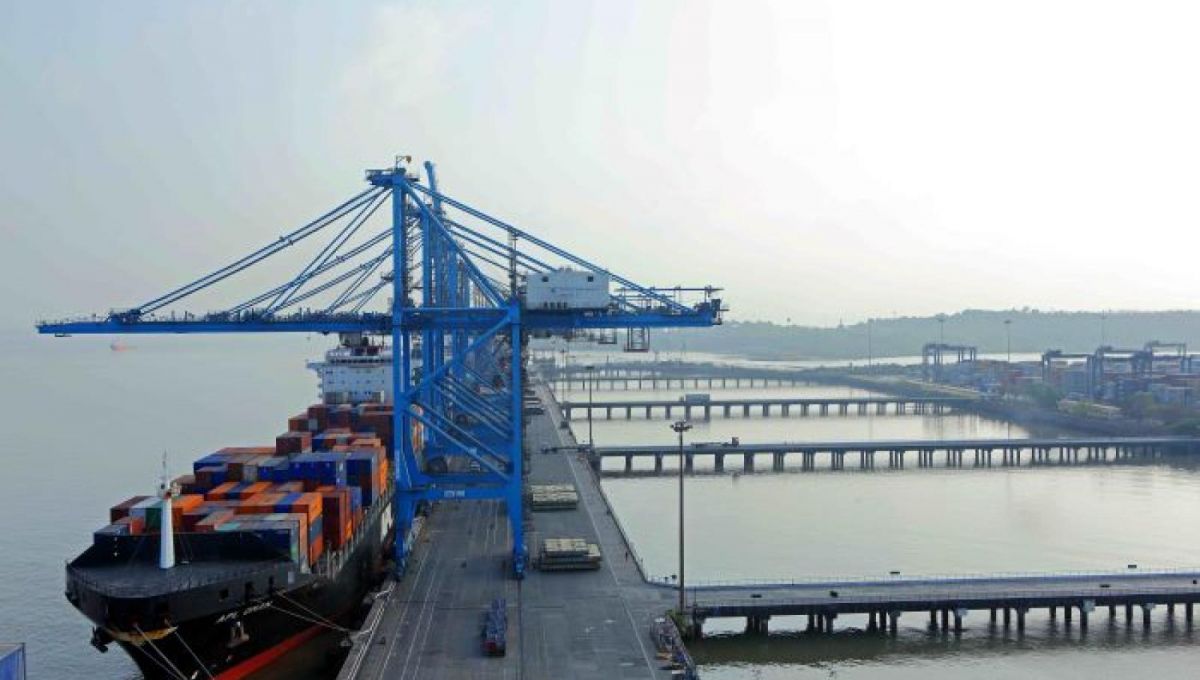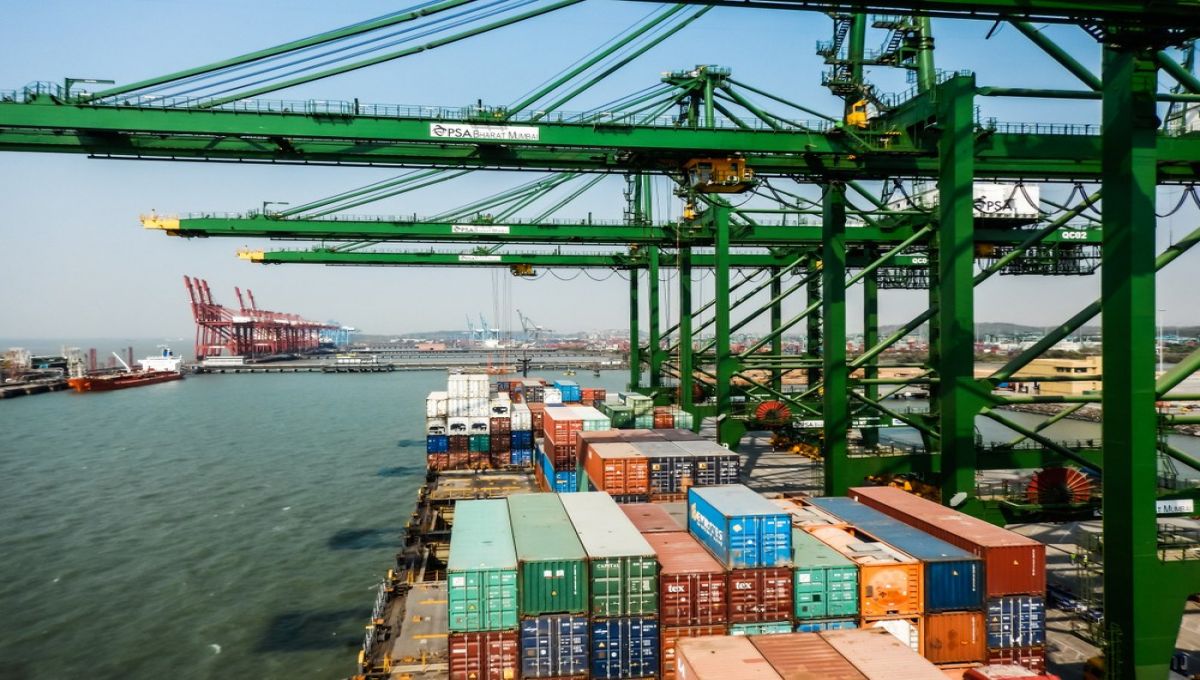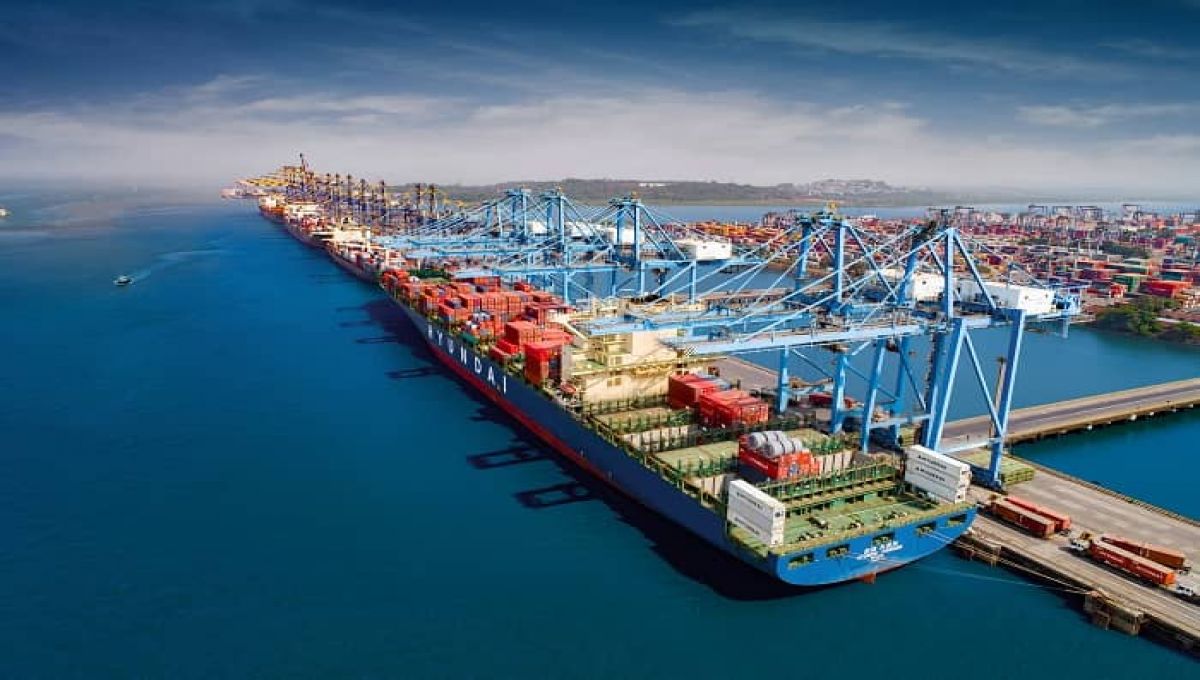The Baltic Exchange's dry bulk sea freight index recorded its fifth consecutive decline, reaching its lowest point since Nov. 24. The drop is attributed to seasonally lower trading activity and reduced demand for dry bulk tonnage due to steep export volumes. However, shipping analysts anticipate potential positive impacts on the dry bulk freight market if disruptions in the Red Sea persist. Ongoing attacks on ships in the region could lead to longer trips as vessels reroute, resulting in higher premiums and longer delays for ships navigating the Red Sea. The United States' multinational operation to safeguard commerce in the Red Sea is a response to concerns over sustained disruptions to global trade. While the capesize index experienced a 5.2
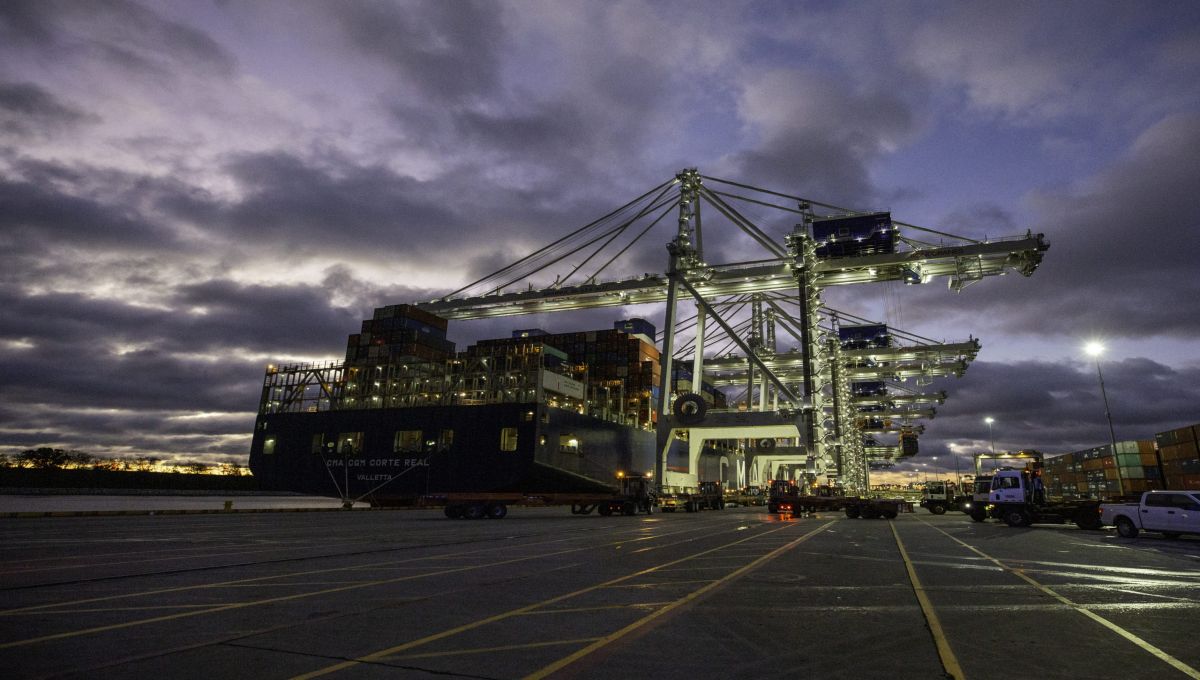

 All Categories
All Categories
